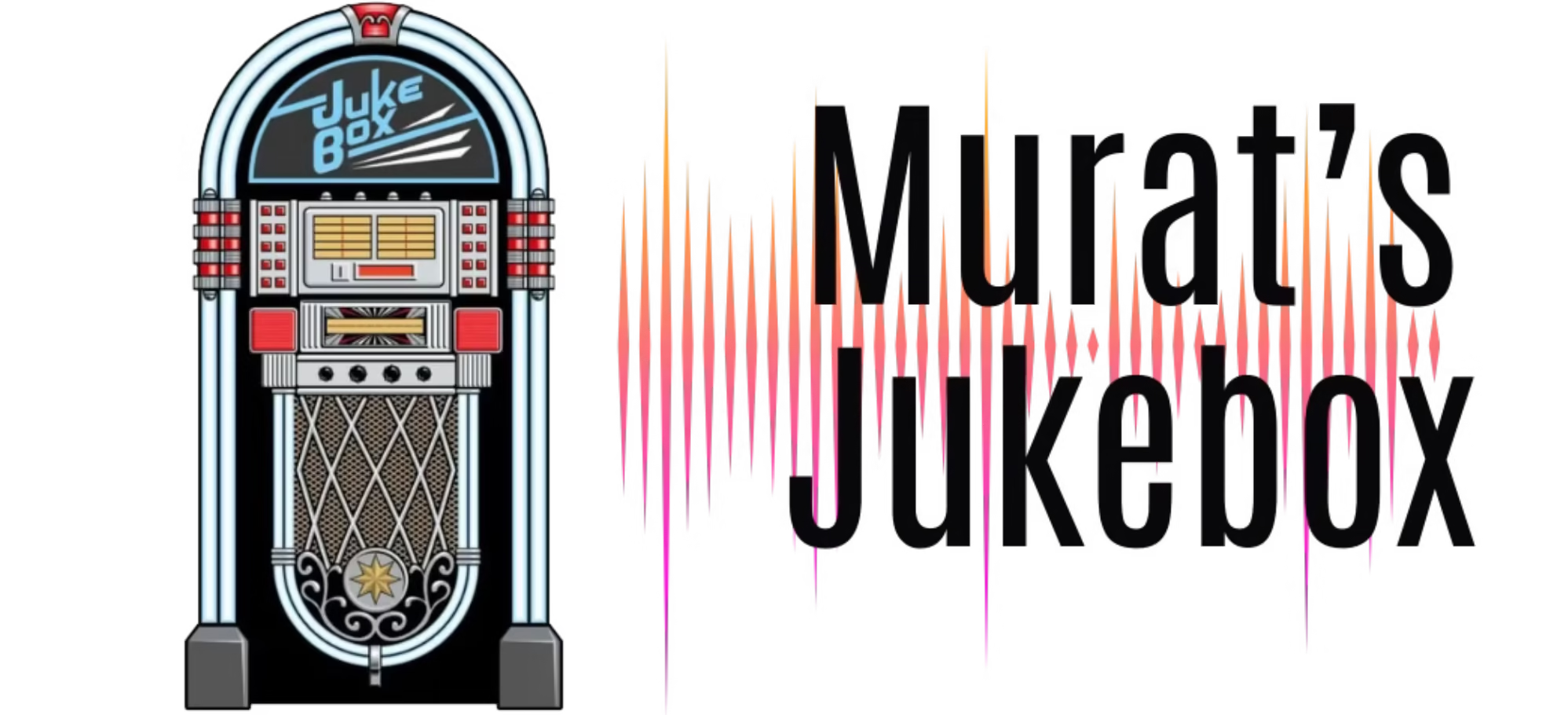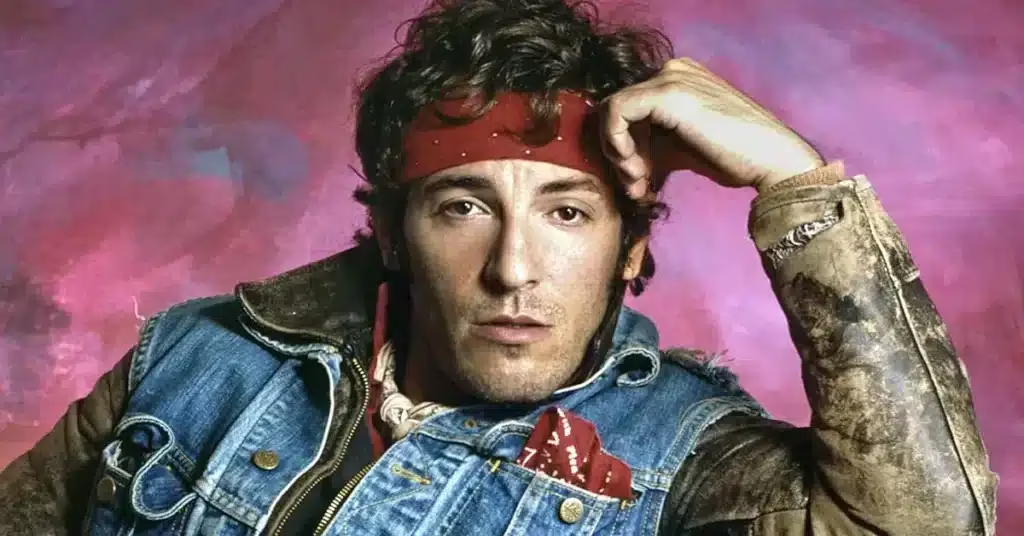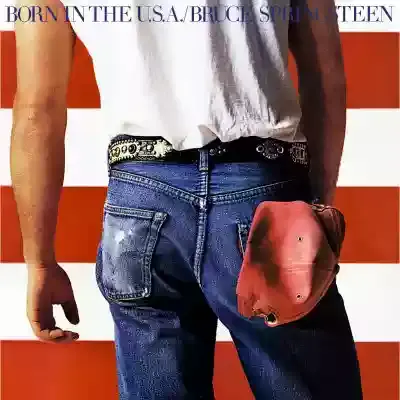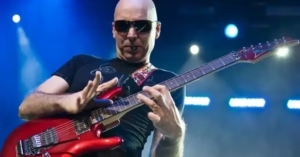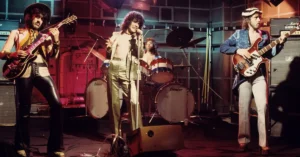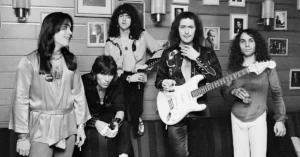Bruce Springsteen: The Voice of Working-Class America
Bruce Springsteen. From Freehold to Fame: Early Years
Bruce Frederick Joseph Springsteen was born on September 23, 1949, in Freehold, New Jersey, into a working-class family. His father, Douglas, worked various jobs, including as a bus driver, while his mother, Adele, was a legal secretary. Raised Catholic, Springsteen attended parochial schools where early feelings of rebellion and introspection began to brew—foundations that would later define his lyrical themes.
Springsteen’s passion for rock ‘n’ roll was ignited after seeing Elvis Presley on The Ed Sullivan Show, and he was further influenced by , Roy Orbison, and Bob Dylan. He started playing guitar in local bands in the mid-1960s, including The Castiles, Steel Mill, and Dr. Zoom & the Sonic Boom.
Bruce Springsteen. The Formation of the E Street Band
In the early 1970s, Springsteen signed with Columbia Records with the help of legendary talent scout John Hammond, who had also discovered Bob Dylan. His debut album, Greetings from Asbury Park, N.J. (1973), introduced a young, verbose songwriter with poetic lyrics and energetic performances.
Soon, he assembled the E Street Band, including lifelong collaborators:
- Clarence Clemons (saxophone)
- Steven Van Zandt (guitar)
- Max Weinberg (drums)
- Garry Tallent (bass)
- Danny Federici (organ)
- Roy Bittan (piano)
The E Street Band would become the heart of Springsteen’s sound and legendary live shows.
Bruce Springsteen. Breakthrough and Classic Albums
1. Born to Run (1975)
This was Springsteen’s big breakthrough. Meticulously produced over 14 months, it fused Phil Spector’s “Wall of Sound” with rock ‘n’ roll urgency.
- Key tracks: “Thunder Road”, “Born to Run”, “Jungleland”
- Themes of escape, youthful dreams, and defiance
It made the cover of Time and Newsweek in the same week—an unprecedented feat.
2. Darkness on the Edge of Town (1978)
Grittier and more mature than its predecessor, this album tackled adult disillusionment and the dignity of work.
- Notable songs: “Badlands”, “The Promised Land”, “Racing in the Street”
- Lyrically introspective and socially aware
3. The River (1980)
A double album that blended party anthems with harrowing ballads. It showed Springsteen’s duality—rock star and American storyteller.
- Hits: “Hungry Heart”, “The River”, “Independence Day”
4. Nebraska (1982)
An unexpected turn: a stark, lo-fi solo album recorded at home on a 4-track recorder. Haunting and raw, it chronicled crime, poverty, and moral ambiguity.
- Standouts: “Atlantic City”, “Johnny 99”, “State Trooper”
Critically acclaimed and influential for its stripped-down honesty.
5. Born in the U.S.A. (1984)
His commercial zenith. Despite often being misunderstood as a patriotic anthem, the title track was a bitter indictment of the Vietnam War’s legacy.
- Seven Top 10 singles: “Dancing in the Dark”, “Glory Days”, “I’m on Fire”, etc.
It made Springsteen a global superstar, with an image of denim, sweat, and defiance.
6. Tunnel of Love (1987)
More introspective and focused on relationships, following his divorce from actress Julianne Phillips.
- Notable: “Brilliant Disguise”, “One Step Up”, “Tunnel of Love”
Bruce Springsteen. Later Work and Political Voice
Springsteen has continued to release new material well into the 21st century:
- The Ghost of Tom Joad (1995) and Devils & Dust (2005) showed his folk side.
- The Rising (2002) addressed post-9/11 America with hope and solemnity.
- Wrecking Ball (2012) criticized economic inequality.
- Western Stars (2019) explored Americana with lush orchestration.
- Letter to You (2020) reunited the E Street Band in a reflective tribute to mortality and music.
He remains politically outspoken, performing at campaign rallies, advocating for labor rights, and criticizing systemic injustice.
Bruce Springsteen. Live Legacy and Theatrical Presence
Bruce Springsteen’s live shows are legendary for their length and intensity, often lasting over 3 hours. They are emotional journeys where he connects with fans on an almost spiritual level.
In 2017, Springsteen on Broadway debuted—a solo stage show mixing songs and autobiographical stories. The critically acclaimed run was extended and filmed by Netflix.
Awards and Recognition
- 20 Grammy Awards
- 2 Golden Globes
- Academy Award for “Streets of Philadelphia” (1993)
- Presidential Medal of Freedom (2016, awarded by Barack Obama)
- Rock and Roll Hall of Fame Inductee (1999)
Themes and Legacy
Springsteen’s music explores:
- The American Dream and its contradictions
- Working-class struggle and resilience
- Masculinity, love, and redemption
- The mythology of American highways and towns
He blends Dylan’s poetry, Presley’s swagger, and Woody Guthrie’s social conscience, crafting an enduring body of work that feels personal and universal.
Often referred to as The Boss, Springsteen doesn’t just sing about America—he interrogates it, celebrates it, and demands more from it.
Interesting Facts
- He has never had a No. 1 single in the U.S., despite his enormous popularity.
- He is a voracious reader, often referencing Steinbeck, Flannery O’Connor, and Faulkner.
- His memoir, Born to Run (2016), is widely regarded as one of the best rock autobiographies.
- He has battled depression for much of his life, openly discussing it in interviews and his book.
- His nickname, “The Boss,” originated because he used to collect gig payments and distribute them to bandmates—he reportedly dislikes the name.
